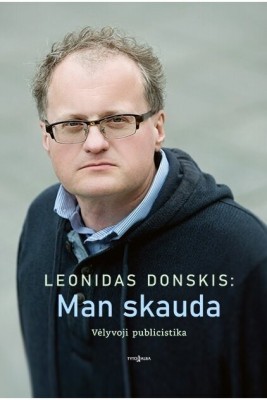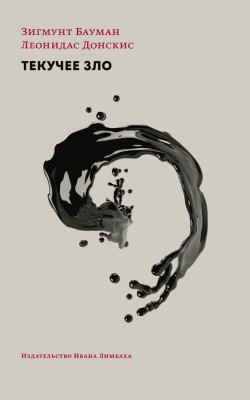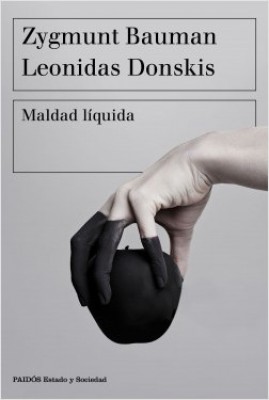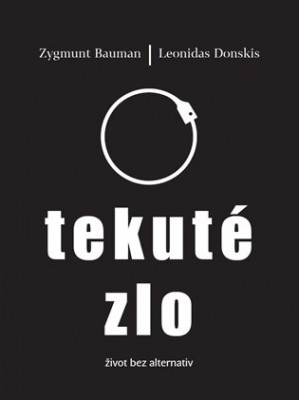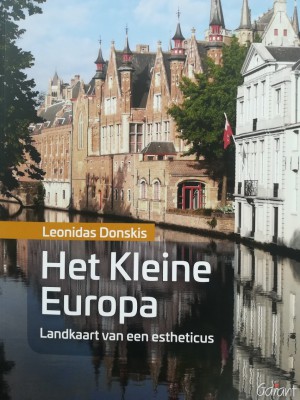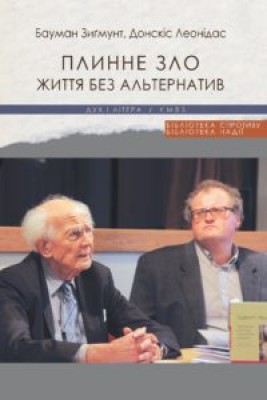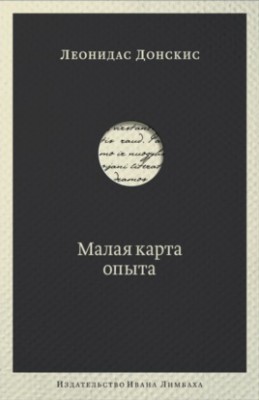Human Rights and the EU
By Leonidas Donskis
The great Russian humanist, dissident and Human Rights defender Andrei Sakharov, in whose name the supreme EP award in the sphere of the defense of Human Rights was initiated, when asked about what kind of universal ideology could be adopted by humanity in the future, described the universality of Human Rights and our commitment to defend them as the only set of values and ideas capable of bridging the gulfs and reconciling the opposites.
Otherwise, according to the patron saint of Russian and East European liberal dissent, we would be trapped in ideological fights and culture wars for the years and decades to come.
In fact, it was with sound reason that Sakharov pointed this out. All major religions of the world, no matter how profound their differences, agree on the unique value of human life and on the dignity of every human being. Even if our modern moral and political sensibilities are not always in tune with religion and conservative tradition, we firmly believe that no particular political ideology or civilization can provide a universally valid blueprint for a social and moral order within which we should be instructed as to how to be a better human being. How ironic that East and Central European countries, which once immensely benefitted to the noble cause of the defense of Human Rights and human dignity, today tend to violate them themselves on the grounds of championing their ethnic and linguistic sensitivities or of fostering their revised and updated historical-political narratives.
Human Rights seem to have become the raison d’être of the EU, and rightly so. As we know, the EU appeared as a key global actor in the field of Human Rights. Once the EU is a community of values, instead of an immoral trade bloc or a soulless technocratic political player, Human Rights become top priority. And there is little disconnectedness or naïveté about this, as a better and more reliable criterion to check the political and practical reliability of the state in question than a close analysis of how our partners or adversaries observe Human Rights in their respective countries has yet to be offered. Tell me whether you respect the difference and dignity of humanity, and I will tell you what I can expect of you as a partner. On the other side, suffice it to subtract Human Rights from the package of liberal democracy, and we will immediately get authoritarian capitalism or technocracy masquerading as democracy.
Therefore, Human Rights are not only about preservation of the legacy of natural law, European humanists, Enlightenment philosophers, or such luminaries as Andrei Sakharov. They are a deeply practical matter and also an efficient instrument of policy-making. Bridging the gaps of memory and sensitivity, and also coming to grips with what we tend to deny as a political echo of the twentieth century, we lay the foundations for the twenty-first-century world which is expected to reconcile what has been separated by modernity: the individual and community, rationality and religion, innovation and tradition, truth and value.
Yet not everything is as beautiful and serene here as it may appear. On a closer look, we can notice the political dissonances in the EU, especially when conservative politicians blame the EP for some resolutions it adopts, implying that the EP deals a blow to the national parliaments and strips them of their dignity. What can I say on hearing this as an MEP and as an Eastern European? If we apply double standards refusing to react to the violations of Human Rights within the EU, yet simultaneously engaging in verbose assaults on Russia, China, or Iran, are we not at the peril of closing ranks with those profoundly undemocratic countries? What would the dividing line between the EU and Russia be if we had adopted the principle of non-interference with national parliaments on such matters as Human Rights? This would signify the end of Europe the way it is now. If so much sound and fury comes defending the “holy” rights of the national parliament to criminalize diversity or freedom of expression, are we not at risk of transforming the EU into a value-free political entity? Whatever the case, the EP keeps sending its powerful messages reminding of a simple truth that Civil Liberties and Human Rights can never be confined to the nation-state and its domestic affairs. They are not a property of the state, no matter how just and democratic that state might be. Hopefully, they never will, as far as the EU is concerned.
Leonidas Donskis is a Member of the European Parliament is on the Committee for Human Rights, Development (Member) and Civil Liberties, Justice and Home Affairs.
© 2010 New Europe. All rights reserved.

